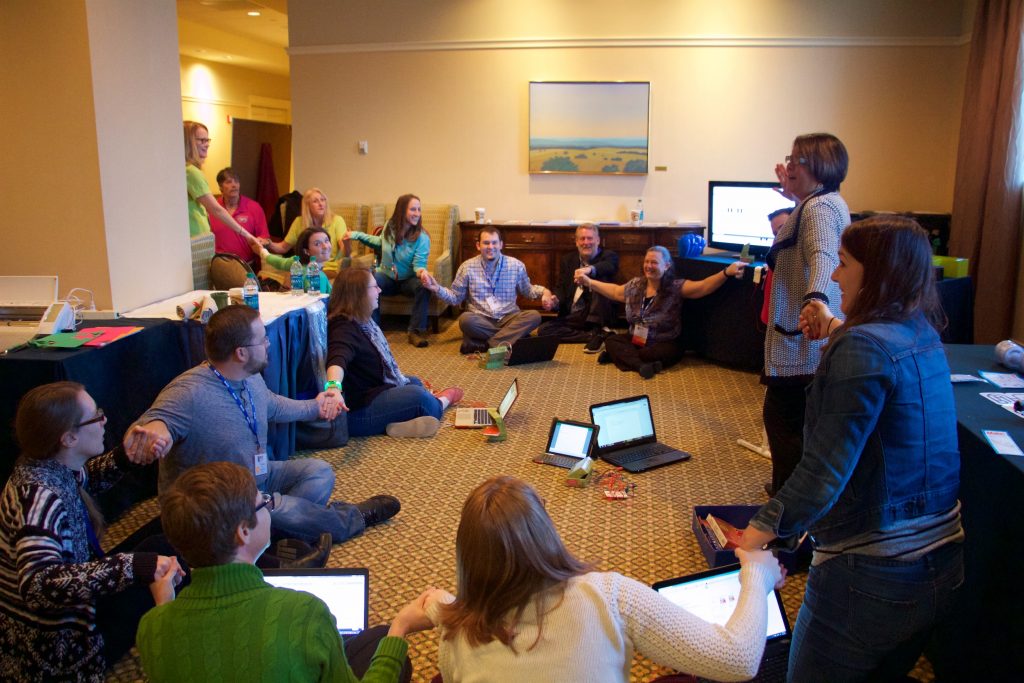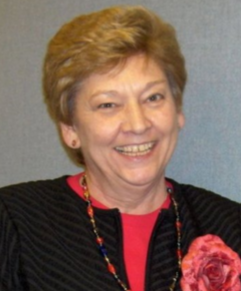May is upon us and spring is in the air! The birds are chirping, the flowers are blooming, and the playgrounds are alive with the sound of children’s laughter. In honor of this seasonal revival, the awards committee at VSTE decided to examine some of our annual awards to determine if they, too, couldn’t use a bit of a revival in order to better reflect the vision and mission of effective technology integration.
This reflection has prompted a few changes:
Change #1: The VSTE Teacher & VSTE Leader Awards
These two awards recognize and honor one teacher and one leader who have demonstrated outstanding achievement and leadership in implementing technology to improve education. Award recipients are selected from a pool of nominations submitted by VSTE members from around Virginia. In order to better capture the intent of these awards, going forward the evaluation of award recipients will be based upon the ISTE Standards for Educators and the ISTE Standards for Administrators, respectively.
Change #2: The Addition of the VSTE Coach Award
We will be adding a new award this year - The VSTE Coach Award. This award will recognize one educational technology coach who has demonstrated outstanding achievement and leadership in implementing technology to improve education. We added this award to provide an additional opportunity to recognize the outstanding work of Virginia’s technology coaches. The evaluation of this awards recipient will be based upon the ISTE Standards for Coaches.
Change #3: Collecting Evidence
While the title for this change sounds ominous, do not be afraid. This simply means that we will be facilitating and encouraging nominees to provide links to documentation (Twitter pages, websites, work samples, etc.) that support their nomination. Unlike previous years, nominees will be notified of their nomination VSTE to make it easier to collect this evidence.
VSTE will also continue to sponsor the Innovative Educator of the Year award.
The awards season will officially open in late May, so be watching for that notice to arrive via VSTE’s weekly emails. The Awards Committee is excited to hear about all the wonderful accomplishments of our Virginia teachers, leaders, and coaches!
Terry Lowry chairs the VSTE Awards Committee. She is the Director of Technology for Wakefield School.







